I have to admit, I am not very fond of film's adaptations and particularly iconic ones as John Woo's “A Better Tomorrow.” Furthermore, the quality of the recent Chinese blockbusters left me somewhat disappointed. Thus, I was truly satisfied to see that Ding Sheng's take on the HK classic was a more than worthy effort.
A Better Tomorrow 2018 is screening at Osaka Asian Film Festival
Two brothers are on opposite sides of the law. Zhou Kai is in charge of a smuggling operation between Qingdao and Tokyo for Boss Ha, while his younger brother, Zhou Chao, is an up-and-coming star in the police department's narcotics division. Chao, who has been taking care of their dementia-afflicted father, has been looking up to his brother his whole life, not knowing his actual line of work. Apart from Chao, Kai is very close to one of his associates, Ma Ke, considering him also his brother, with the feeling being mutual. Despite his extreme line of work, Kai retains a balance between his two capacities. However, when another member of his gang suggests they cooperate with the Japanese yakuza to smuggle drugs, all hell breaks loose, and in a life-changing night for all three protagonists, Kai is arrested and thrown into jail, Ma Ke ends up a gimp, and Kai and Chao's father is murdered. When Kai is released, everything seems to have changed.
Ding Sheng directs a film where the frantic action begins from the first minute, once more implementing the handheld-camera tactics Ding Yu, his cinematographer, used on “Saving Mr Wu”, with the outcome being impressive, giving a more realistic essence to the gunfights. Ding Sheng was born in Qingdao and the film highlights his knowledge of the area, with the film unfolding in the Old Town, the port and the nearby fish market, the marina, and even the underground military tunnels, with him presenting the city through a number of images that highlight its beauty. This prowess also applies to the Japanese setting, which mostly comprises of bar and clubs, with Feng Ligang doing a great job in presenting “traditional” Japanese settings, with his effort finding its apogee in the scene where Ma Ke tries to exact revenge. This one and the one in the finale are the most impressive action sequences, although the plethora of others in the movie does not have much to be jealous of the two.
The action scenes also benefit the most from Ding Sheng's own editing, something that actually extends to the whole movie, with him managing to induce it with a constant sense of tension, even in the calmer moments. The same applies to the soundtrack with the hard rock/heavy metal tracks of Komail Shayan fitting the general atmosphere of the film quite nicely.
However, “A Better Tomorrow 2018” is not just an action flick, since Ding Sheng takes his time introducing and analyzing his characters, and their tense relationships which revolve around the concept of brotherhood in two opposite axes. The first regards Kai's actual brother and the second his “adopted” one, with the differences between the two and Kai's relationship with them being one of the focal points of the film. Furthermore, Ding Sheng also examines the dynamics between Zhou Chao and Ma Ke and their inevitable clash for the love of the big brother, in a couple of emotionally charged scenes. In that fashion, the acting is on a level much higher than we usually see in action movies. Wang Kai as Zhou Kai is always cool, despite his conflicting emotions, with the exact opposite applying to Ma Tianyu as Zhou Chao, who cannot hide his feelings in any instance. The one who steals the show though is Darren Wang as Ma Ke (as was the case with Chow Yun Fat in the original), who presents a “dangerous clown”, a man who acts as a caricature but manages to emit a sense of threat from every pore.
Although Ding Sheng, and his co-writer Xu Yang have followed their own path regarding the movie (for the most part), they still manage to “wink” to the original, in a number of instances, like the hilarious one with the guy with a toothpick in his mouth in a bar and the renditions of Leslie Cheung's theme song, “In The Sentimental Past”.
“A Better Tomorrow 2018” is a great action film that once again exemplifies the heroic bloodshed subgenre in the most impressive manner and a masterclass on how to shoot a remake.


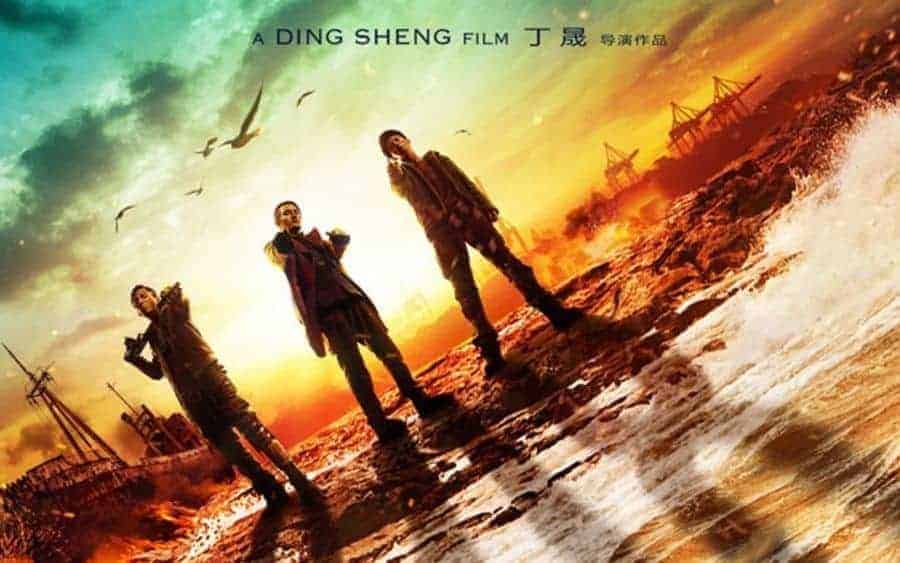
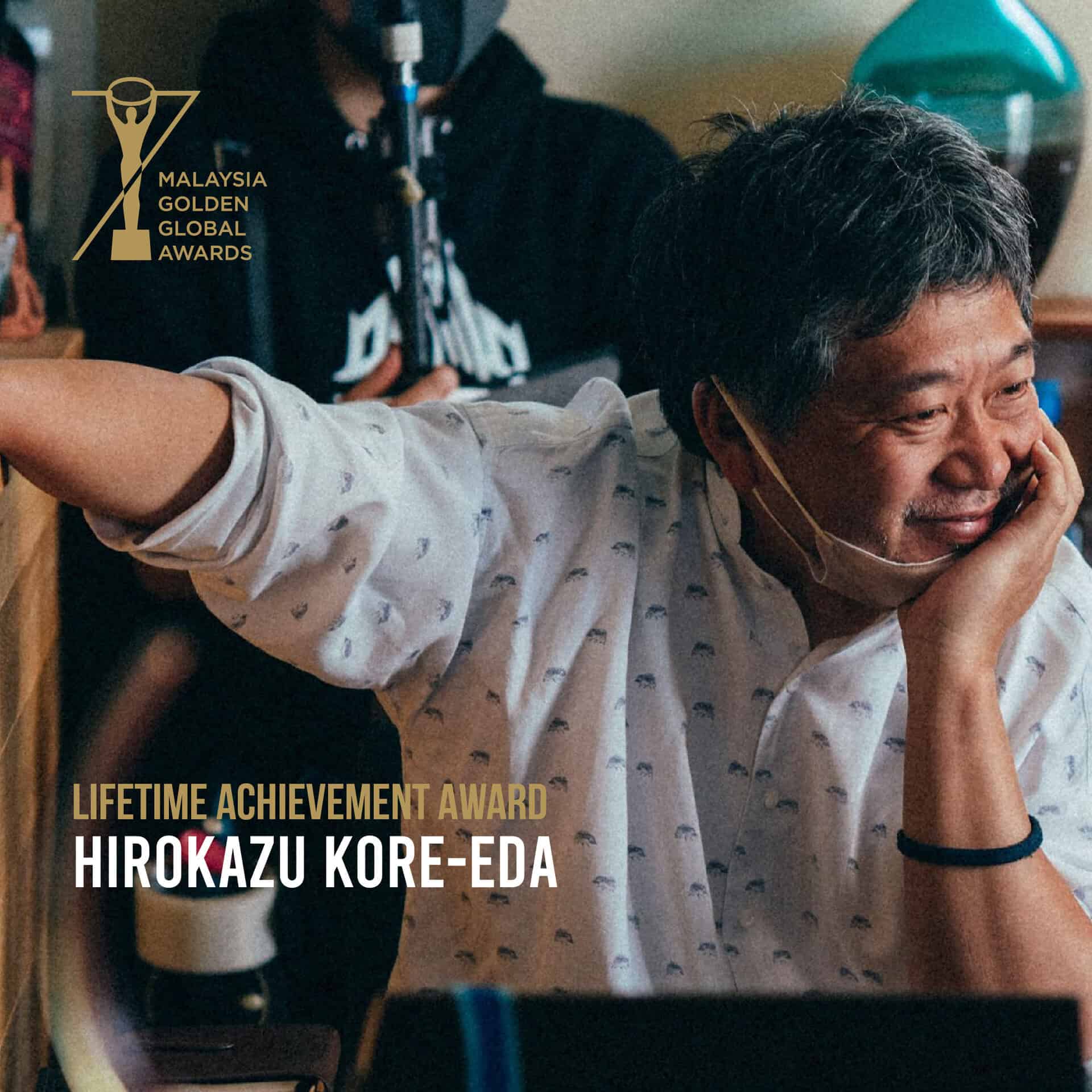
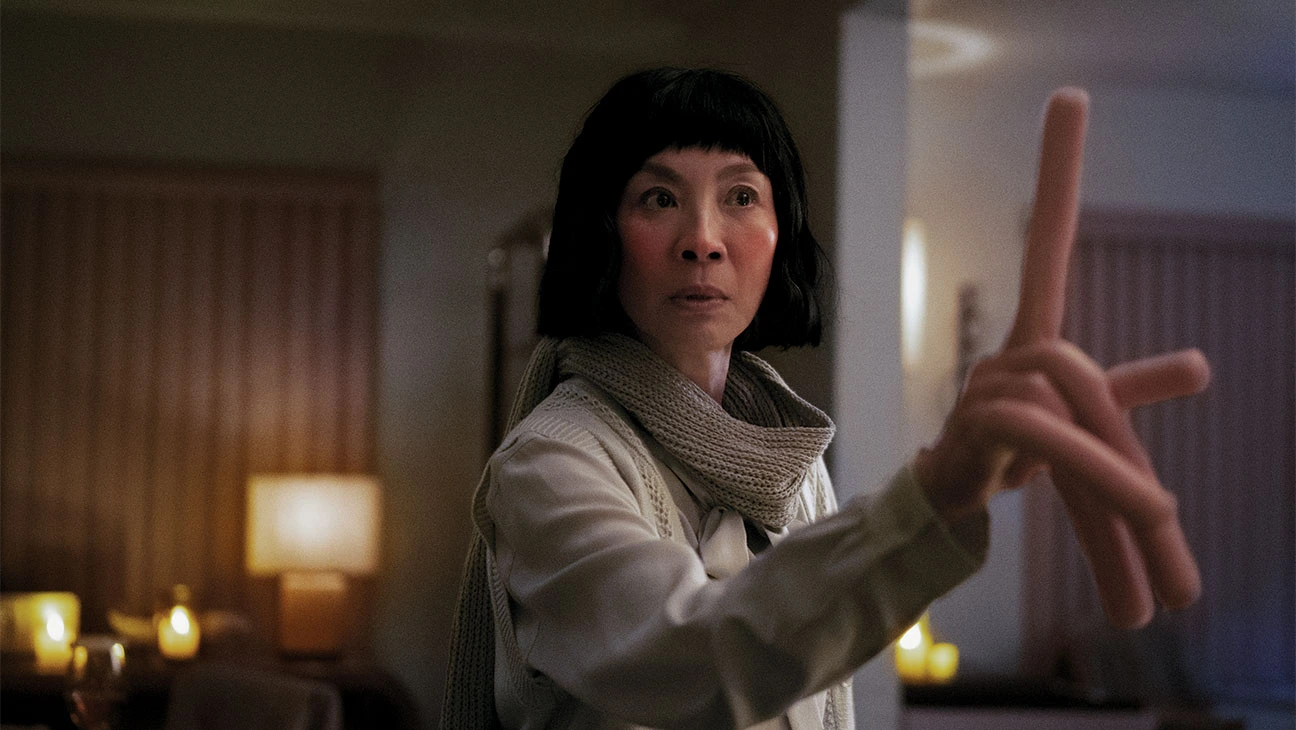
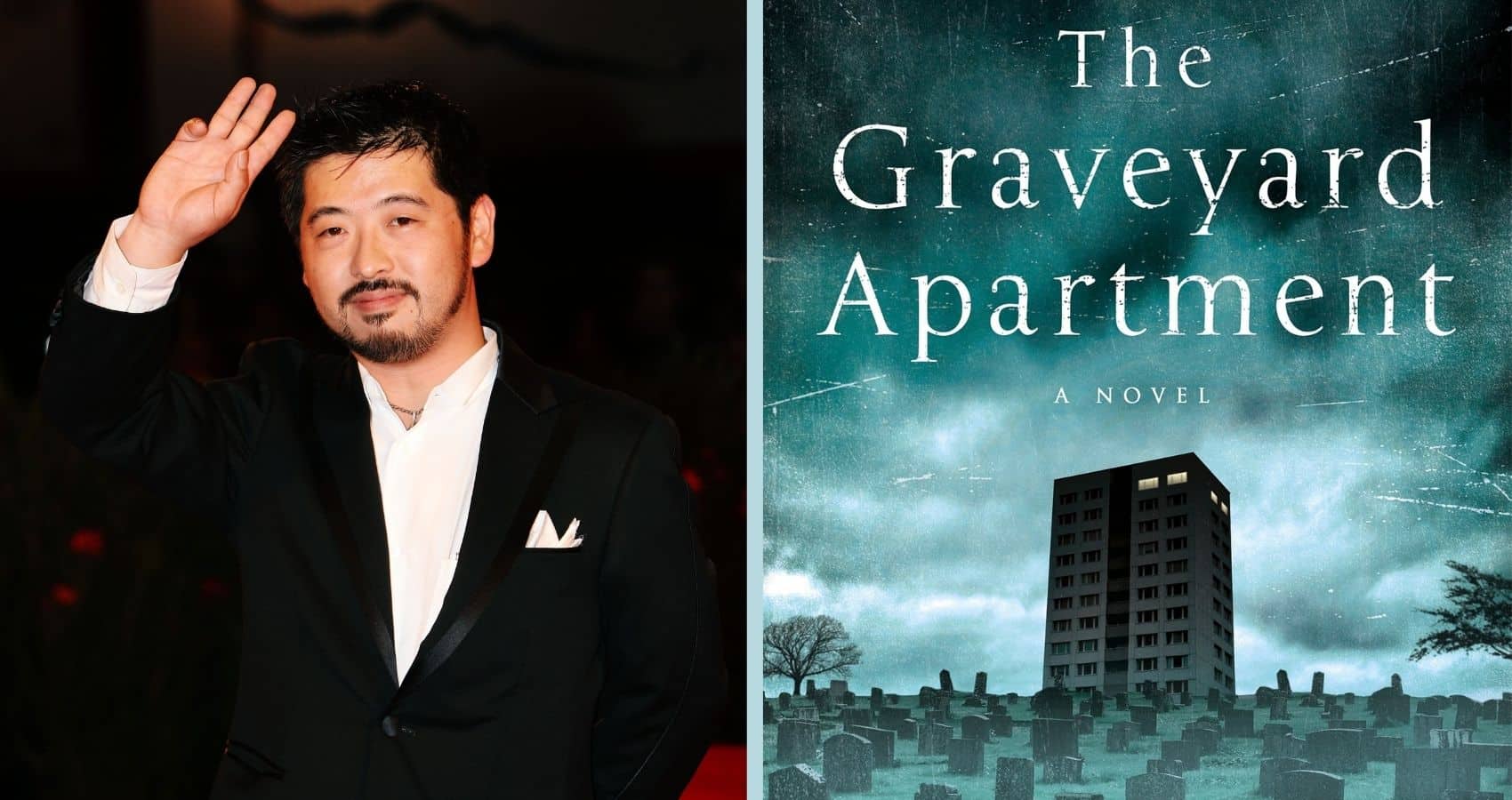
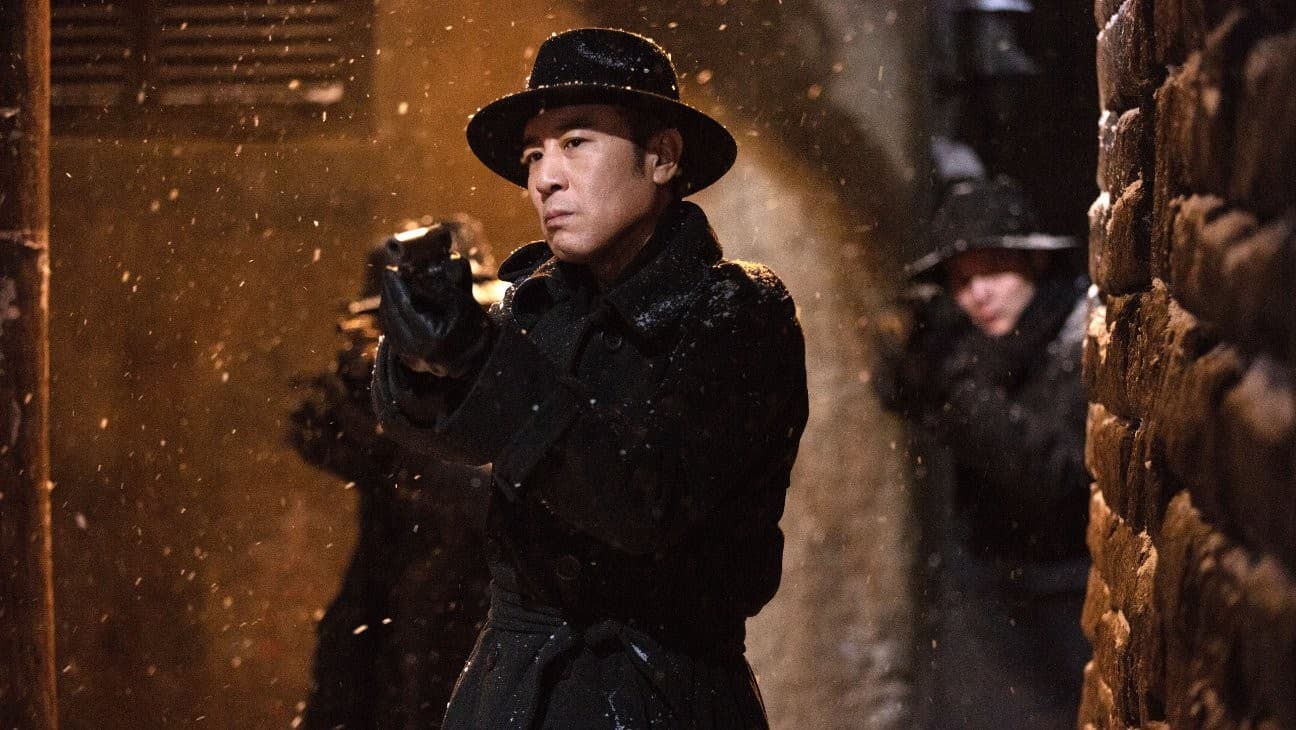

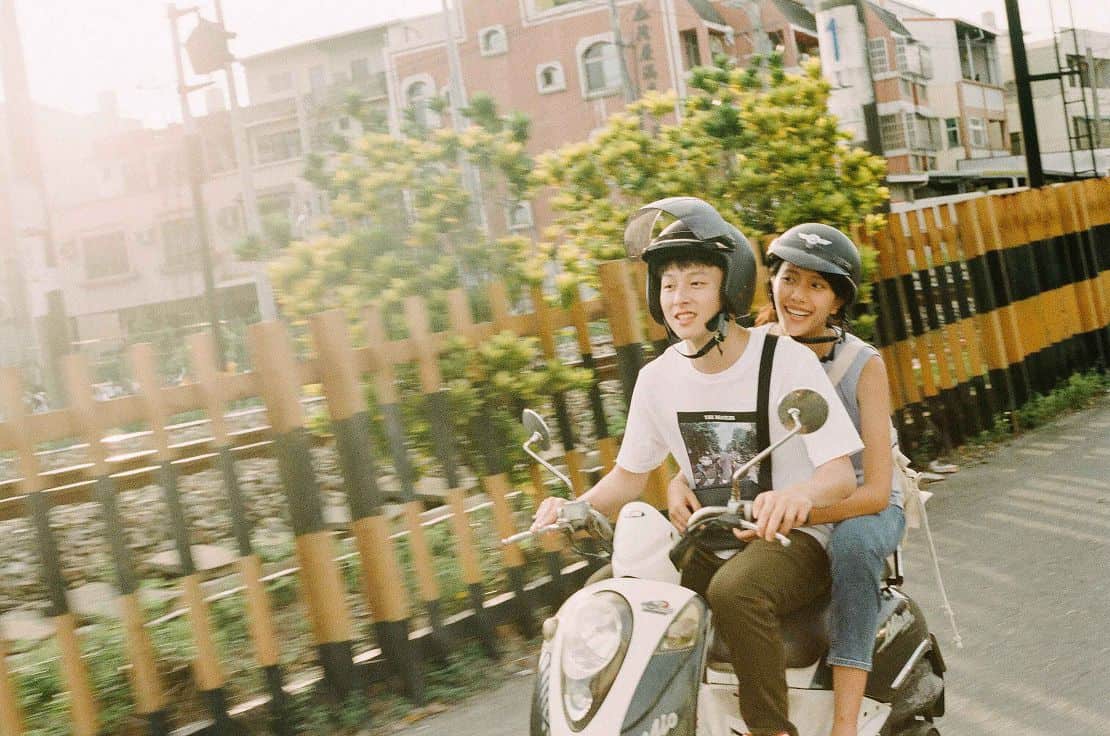





Totally disagree. This films does nothing well at all. The constant and blatant nods to the original are poorly implemented and i have never seen shootouts so poorly choreographed and edited. the editing is music video chop shop on crack. Ding Sheng simply cannot put a film together well at all. Little Big Soldier is where he peaked.
We can agree that we disagree